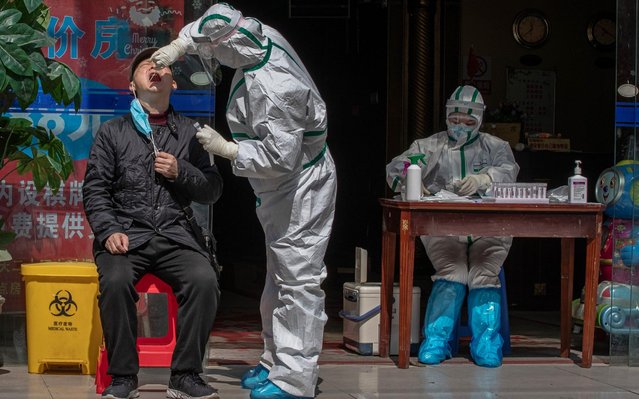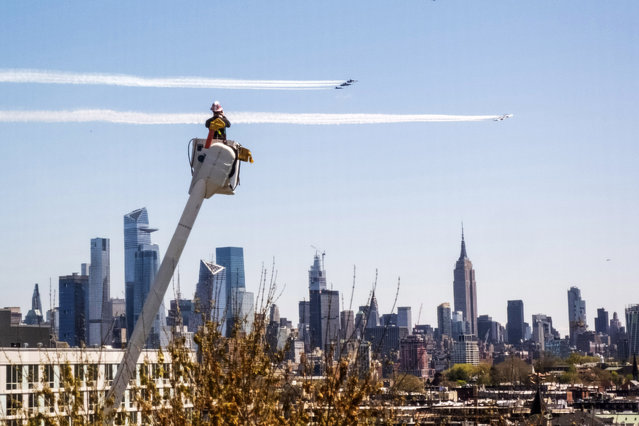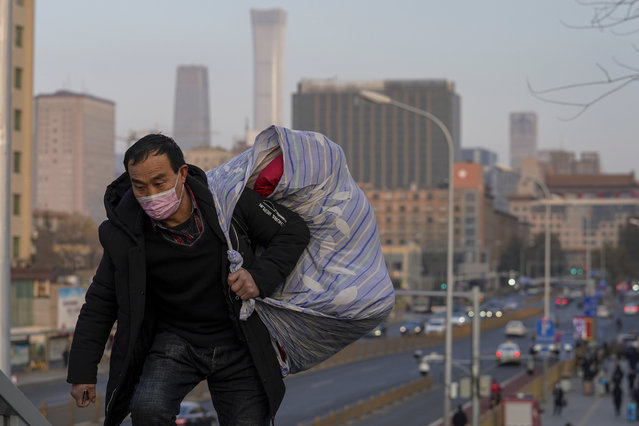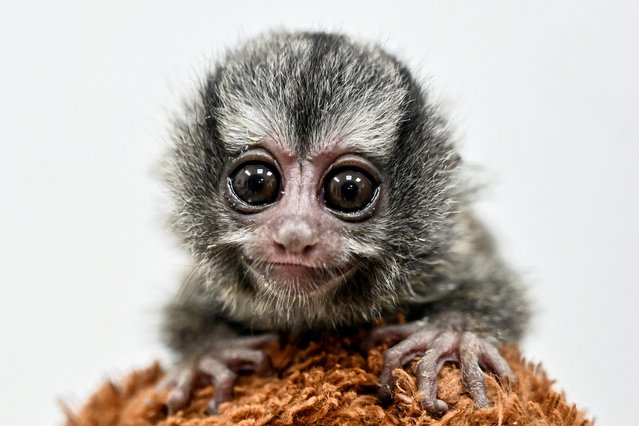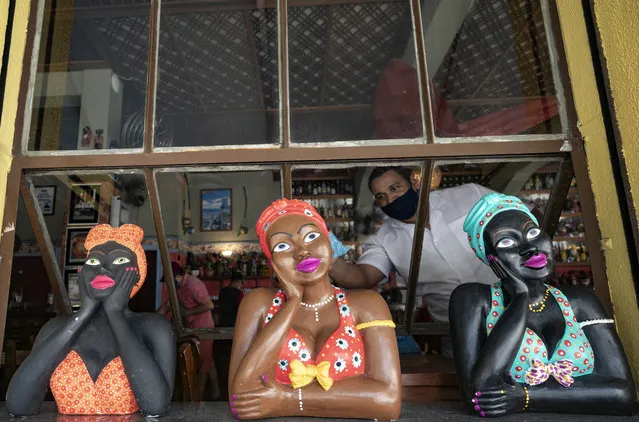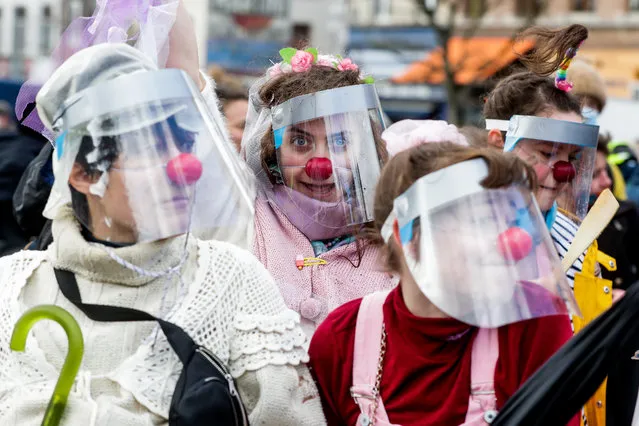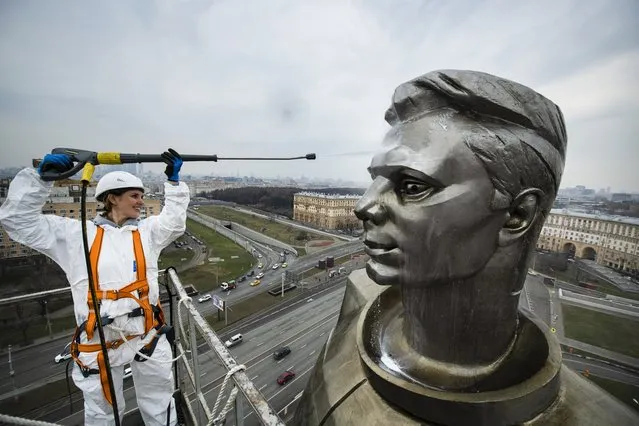
A military police officer aims his gun to a demonstrator during a protest in Brasilia, Brazil, Tuesday, April 7, 2015. The officer had picked up a bottle that was thrown towards them but did not fire his gun and backed away. Thousands of workers have staged rallies in 12 cities across Brazil to protest against a proposed law that would allow companies to outsource their labor force. (Photo by Eraldo Peres/AP Photo)
08 Apr 2015 10:58:00,post received
0 comments

